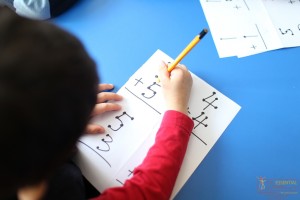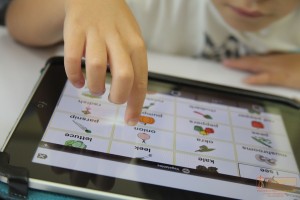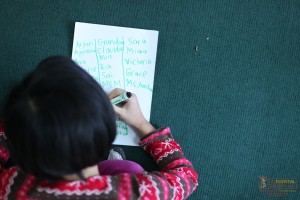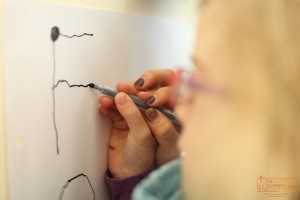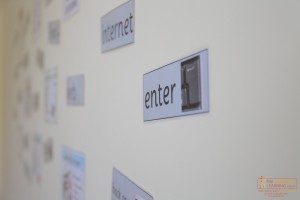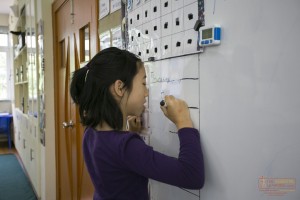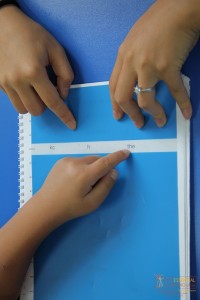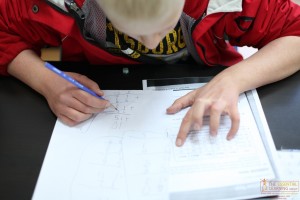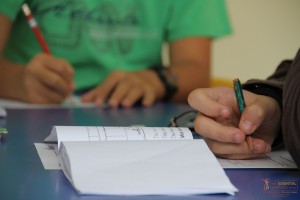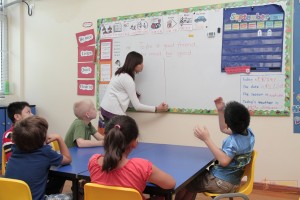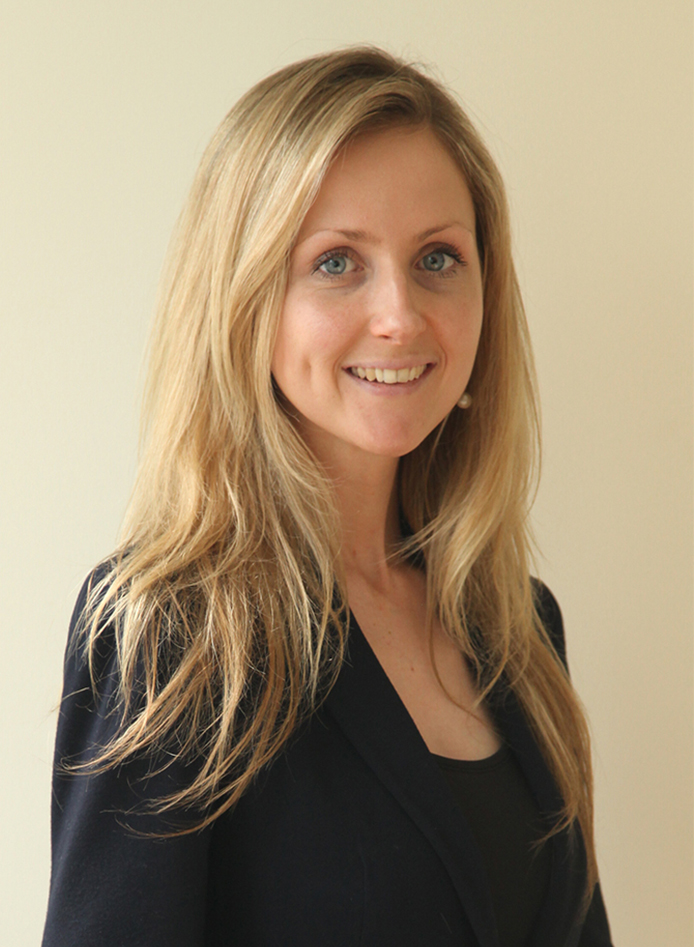By Fiona (Yapp) Douglas, Clinic Director
Over the last decade at ELG, we have supported many children with learning disabilities. Many went through years of education before their learning disability was identified, and we have found that parents and educators have a wide range of questions regarding learning disabilities. Here are 10 of the most frequently asked questions; if you are concerned about a child, get in touch!
1. What is a learning disability (LD)?
The term itself refers to a neurological language-based cognitive disorder that affects a person’s ability to read, write, speak, listen, do mathematical calculations, use correct spelling and grammar or organize information – as well as many other processing-based functions. Three of the most common LD’s are:
- Dyslexia (trouble with reading)
- Dyscalculia (trouble with arithmetic and math)
- Dysgraphia (trouble with writing).
A person may have one of these disorders, or a mixture of them. It is therefore important to assess each person’s capability individually.
2. How would these affect children in real terms?
If a child has any of these disorders, their experience with learning may be completely different to that of other children. They are highly likely to have difficulty interpreting information in a way that is compatible with traditional teaching and schooling methods. With dyslexia, the child may struggle with letter/word recognition or understanding words and phrases. With dyscalculia, they may struggle to memorize and organize numbers or tell the time. With dysgraphia, they may struggle with spelling, organizing information to write, or the act of writing itself.
3. Is there a difference between Special Needs and Learning Disabilities?
“Special Needs” is a term referring to all disorders, disabilities and conditions that require additional support. “Learning Disabilities” is just one specification belonging to this term. LD’s are not the equivalent to the learning problems that come as a result of needs such as visual, hearing or motor disabilities, intellectual impairment, emotional disturbance or environmental, cultural or economic disadvantage.
4. How common are Learning Disabilities?
More common than most think. An average of 10% of the world’s population have some form of a learning disability; in 2014, 2.4 million publicly-schooled children in the US alone were identified as having a learning disability under the Individuals with Disabilities Education Act (IDEA).
5. How do you help someone with a learning disability to learn better?
This is dependent on the nature of the learning disability, and how it manifests itself in each child. Every person is different, and therefore the singular methodological approach typically provided in mainstream educational facilities is often not sufficient for a child with a learning disability. Each child has a unique learning style, so it is important to tailor support in order to capitalize on their particular strengths and weaknesses.
6. Will my child grow out of it?
A learning disability stays with the person throughout their life. Nonetheless, with ample support and the right resources, the person can learn to adjust to the method of learning that best suits them, in order to approach everyday tasks and experiences comfortably. With the right support, every child with a learning disability can learn and thrive.
7. Can you develop a learning disability? When are learning disabilities usually diagnosed?
The causes of LD’s remain misunderstood. They are genetic components and are usually hereditary, but can also be developed as a result of problems during pregnancy and birth, or due to accidents after birth. LD’s can be discovered at any age, but are usually diagnosed between the ages of three and thirteen. Symptoms are varied and contingent on the age of the child. In early childhood, children may have difficulty pronouncing words and rhyming. Between the ages of five and nine years old, they may have difficulty with spelling, telling the time and remembering sequences. In the early teen years their difficulties may be with reading comprehension, handwriting or organizational skills.
8. My child has ADHD. Is this a learning disability?
Attention Deficit Disorder (ADD)/Attention Deficit Hyperactivity Disorder (ADHD) are not strictly learning disabilities, but often pose as barriers to learning, particularly in the classroom setting. Children with ADD/ADHD may be inattentive, hyperactive, and impulsive or have trouble paying attention and controlling their behavior. Whilst not an LD, both disorders usually require additional learning support and alternative teaching methods to help the child focus, stay calm and be attentive.
9. My child seems to be struggling in school. How do I find out if they have a learning disability?
If you are worried about your child, the first thing to do is speak to their teachers or learning support staff. Ask about their behavior in class and any concerns that they have in relation to their learning or behavior. The only accurate way to determine whether a child has an LD is to undertake a Psycho-Educational or a Multi-Disciplinary Assessment. Assessments must only be undertaken by specially-trained professionals, using specially selected standardized assessment tools based on the difficulties that the child is experiencing. Our specialists tailor each assessment to the individual needs of each child they work with, in order to implement the best possible support.
10. Is there anything I can do to help my child with their learning disability?
As a parent, it can be hard to understand your child’s learning disability or know how to respond to it in order to help them. Your priority should be to make sure that your child is receiving the additional support they need in the right educational environment. Here at ELG, we focus on doing just that. Give us a call to chat with our Intake Specialist if you have any concerns, and we can provide you and your child with the support they need to achieve their potential.
Fiona (Yapp) Douglas, M.A.
Clinic Director
Fiona is our Clinic Director at The Essential Learning Group. She seeks to develop open and trusting relationships with families, and provides ongoing support in the form of direct mentoring for children from a wide range of cultural and ethnic backgrounds.

